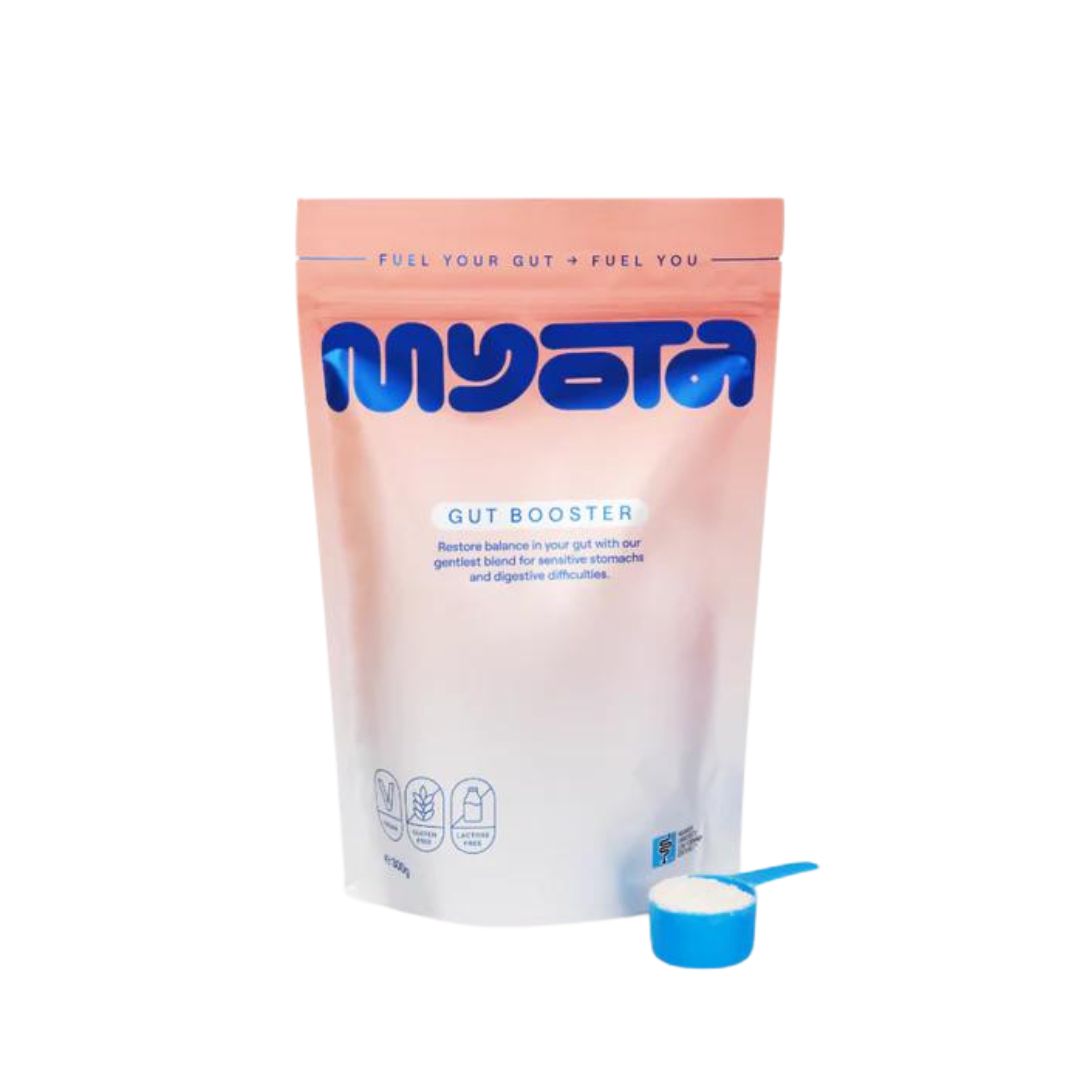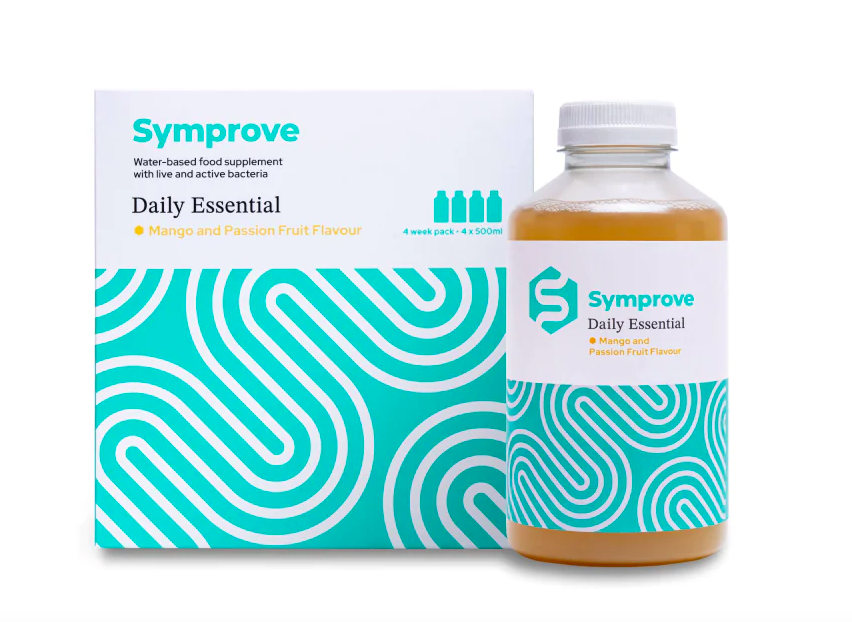Tonics are trending and promise to lower inflammation and boost gut health - so, do dieticians recommend?
The latest wellness trend, debunked.


Health tonics are all the rage on TikTok and Instagram right now - we're looking at you, sleepy girl mocktail. Like many diet fads that take off on social media, tonics come with big promises, from improving your gut health, to bulletproofing your immune system, to overhauling your sleep quality.
Wondering what on earth they actually are? Funnily enough, tonics weren't invented by your favourite influencer, despite what they might claim. Recipes for health tonics are thought to date back around 4,000 years, with roots in ancient cultures including traditional Chinese medicine and Ayurvedic practices.
It's no surprise these remedies are surging in popularity now, though. Less than two-thirds of workers say their physical and mental well-being are excellent or good, according to research from Deloitte, with one BMCC paper confirming that as many as 76% of people are turning to complementary or alternative therapies to ease stress, anxiety and more.
But getting your therapy right - or at least knowing the true extent of its usefulness - is important, as is debunking the wealth of information you're so regularly served online. To get to the bottom of the trending tonics once and for all, we picked the brains of the wealth of knowledge that is dietician Sophie Medlin. Below, she explains whether tonics are all they're cracked up to be. Don't miss what happened when MC UK Editors drank lemon water, apple cider vinegar and mint water every day, while you're here.
Health tonics are trending - so, are they all they're cracked up to be?
What are health tonics?
The word "tonic" in the most literal sense means something that gives you a feeling of vigour. With that in mind, it's hard to say exactly what qualifies as a tonic, reflects Medlin. "There is no definition of what a health tonic is," she explains. "But we might consider it to be a liquid that we drink or maybe drops which we add to food or drinks which promise health benefits."
Some of the tonic-like products that have been surging in popularity in recent months include mushroom and greens powders. "While I believe personally that mushrooms will continue to grow in popularity and may have some great benefits, we don’t have the evidence to support these in conventional medicine as yet," Medlin reflects. "As for greens powders, I would consider these to be an ultra-processed food so we need to take that into consideration."
Because there's no official definition, anyone can brand any drink a tonic, giving the illusion that it's packed with health benefits even if it's not. Not to mention, what gives you a feeling of "vigour" might not be the same as someone else - you might find going on a walk is a brilliant tonic for fatigue, while someone else might find the only tonic that works for them is yin yoga. The same applies to health tonics - you might love one recipe while someone else feels it doesn't benefit them at all.
Marie Claire Newsletter
Celebrity news, beauty, fashion advice, and fascinating features, delivered straight to your inbox!
@gracie_norton ♬ Gentle and warm background piano(1262846) - Noru
Where do tonics originate from?
You won't be prescribed tonics by your GP, continues the dietician, as they're largely associated with alternative or traditional medicine.
So, why the sudden surge in popularity, does she think? "People are seeking alternative methods for preventing and treating illness that feel more natural," she points out, and adds that a tonic may feel more natural to some people than capsules. "Unfortunately, as the NHS continues to struggle to recover from Covid and decades of underfunding, access to healthcare is poorer than it has ever been and therefore people are looking to take their health into their own hands."
Bottom line: "This is all well and good as long as the alternative tonics and other products people are buying are safe and reliable," she stresses.
What are the benefits of health tonics?
Again, it's hard to pinpoint the specific benefits of tonics as it's such a wide category and pros and cons will vary from brand to brand.
That said, some benefits of health tonics might include:
1. You'll be getting extra nutrients
With many tonics made of ingredients such as herbs, spices and roots, you'll be topping up on nutrients. For example, ginger shots and lemon water could be dubbed tonics, both of which are full of vitamin C and minerals.
@glucosetipsforthegurls ♬ Solas - Gibran Alcocer
2. You'll likely feel positive about boosting your health
Research by JAMA shows people opt for alternative medicines as they can feel more empowering and autonomous. That's especially true for people who feel they aren't listened to by mainstream doctors or want to feel as though they are supporting their body in every way, including with their nutrition.
Do remember, though: tonics should never be used instead of medical treatments, rather to compliment them.
3. They're largely affordable
Homemade tonics such as a home-pressed green juice or turmeric shot can be an affordable way of getting nutrients in. Of course, tonics can become expensive when purchased ready-made or in powder forms, so if you're looking to save, homemade is likely your best bet.
What should I look out for when buying tonics?
Medlin stresses that the main thing to look out for when buying a tonic or investing in an ingredient for a tonic is a trusted source. "Tonics are largely safe to try as long as they come from a reputable supplier," she shares. Knowing which one is best for you and your body is hard to say, "because there is such a vast array of tonics on the market."
It goes without saying that most influencers on social media who swear by certain tonics won't have the relevant qualifications to be able to advise on such topics, so it's worth approaching these "cure-alls" with caution.
Bottom line: make sure to do your own research, be confident in the supplier and also speak to a qualified professional before trying.
@nutritiouslyeasy ♬ original sound - Nutritiously Easy
Who should try tonics and who should avoid health tonics?
Let's put this up top: no one needs a health tonic. If you're nailing the basics of your routine - we're talking eating a well-balanced diet, exercising regularly, sleeping well and following any personalised medical advice - then you're doing enough to support a healthy body.
However, if you want to try tonics, make sure they're right for you. "Anyone who has an existing health problem, particularly with their liver, kidneys, immune system or gut should speak to their pharmacist, GP or dietitian before starting any sort of tonic product," stresses Medlin. The same applies to anyone who takes a prescribed medication. "This is because many herbal extracts can put vulnerable organ systems under more pressure, not to mention change the way medications are used and absorbed."
If you're someone who's generally healthy but looking for ways to improve your health - a "cherry on the cake" kind of situation, if you will - Medlin has a warning. "Tonics shouldn't become something you rely on for your health - greens powders can’t ever replace the benefits of consuming whole fruits and vegetables," she warns.
That said, if you do want to give anything like a greens powder, gut shot, or mushroom tonic a go, she has advice for you. "When trying an alternative remedy, aim to use it consistently as described by the manufacturer for at least a few weeks to see if you feel any benefit," she recommends. "So often, people buy things, use them for a couple of days, don’t feel an immediate benefit and assume they don’t work but these things generally need a bit of time to infer any benefit." Word from the wise.
5 best health tonics and alternatives to try
Of course, there's no such thing as a perfect tonic - what works for you won't work for the next person, and how much they impact you and your body will depend on what you want to achieve, who you are and what's already lacking in your diet.
That said, there are lots of supplements and additional wellness-boosting items we can add to our routine to support our health. They include:
1. Magnesium tonics
Main benefits? "One thing that I recommend often in practice is magnesium. We’ve seen a lot of additional research into the potential benefits of magnesium for sleep, stress and other ailments," says Medlin.
While she doesn't necessarily recommend everyone try the TikTok famous sleepy girl mocktail - made from a mix of tart cherry juice, sparkling water and magnesium powder - it could be a good way to get magnesium into your routine.
2. Vitamin D tonics
Main benefits? "I often recommend vitamin D drops, particularly for those people who struggle with capsules or for those who don’t need broader multivitamin supplementation," says Medlin. Need more convincing? The NHS advises that everyone supplements with vitamin D in the winter months and drops can be a useful way to get them in.
3. Prebiotic tonics
Main benefits? "We’ve recently seen a rise in really useful fibre and prebiotic supplement products which have been thoughtfully formulated, and I often recommend these in my practice," shares the dietician. Prebiotics are the food for your gut bacteria, helping keep them alive and active. Her personal recommendation? The brand below, Myota.
4. Probiotic tonics
Main benefits? You can take liquid versions of your probiotics, aka the gut bacteria itself, to help populate the gut with the good stuff and aid digestion.
5. Vegetable tonics
Main benefits? I previously tried ginger shots - technically a form of tonic - for two weeks and really loved them for my digestion and alertness, but mainly because it was good to get some extra beneficial herbs and spices into my diet in a simple drink. You don't have to choose ginger: try making turmeric or beetroot shots instead.
Are health shots actually good for you?
Short answer: this will depend on which one you go for. As dietician Sophie Medlin points out, any that contain magnesium, vitamin D, prebiotics, probiotics, or vegetables are a great addition to an already balanced and active lifestyle. That said, they're never a replacement for balanced meals which contain complex carbohydrates, protein, fat, and plenty of fibrous fruit and vegetables.

Chloe Gray is a freelance journalist who writes and talks about health, fitness, and wellbeing through a feminist lens. She was part of the launch team for Stylist magazine's fitness brand, Strong Women, and has written for i news, Women's Health, Red magazine, Good Housekeeping, Refinery29, and more. She's all about building mental and physical strength, eating delicious food that fuels you well, and making the fitness industry more accessible and enjoyable. She's also a qualified fitness trainer and research nerd, so you can be sure everything you read is backed by proper science.
-
 Penn Badgley and Blake Lively kept their breakup a secret from the Gossip Girl cast and crew - here's what we know about their former relationship
Penn Badgley and Blake Lively kept their breakup a secret from the Gossip Girl cast and crew - here's what we know about their former relationshipBy Jenny Proudfoot
-
 This iconic rose perfume is a compliment magnet—it makes me feel ‘put together’ after just one spritz
This iconic rose perfume is a compliment magnet—it makes me feel ‘put together’ after just one spritzGrown-up and elegant, yet not at all dated.
By Denise Primbet
-
 Spring has finally sprung - 6 best outdoor workouts that are totally free and boost both body and mind
Spring has finally sprung - 6 best outdoor workouts that are totally free and boost both body and mindSoak in the nature and boost Vitamin D *and* endorphins.
By Anna Bartter
-
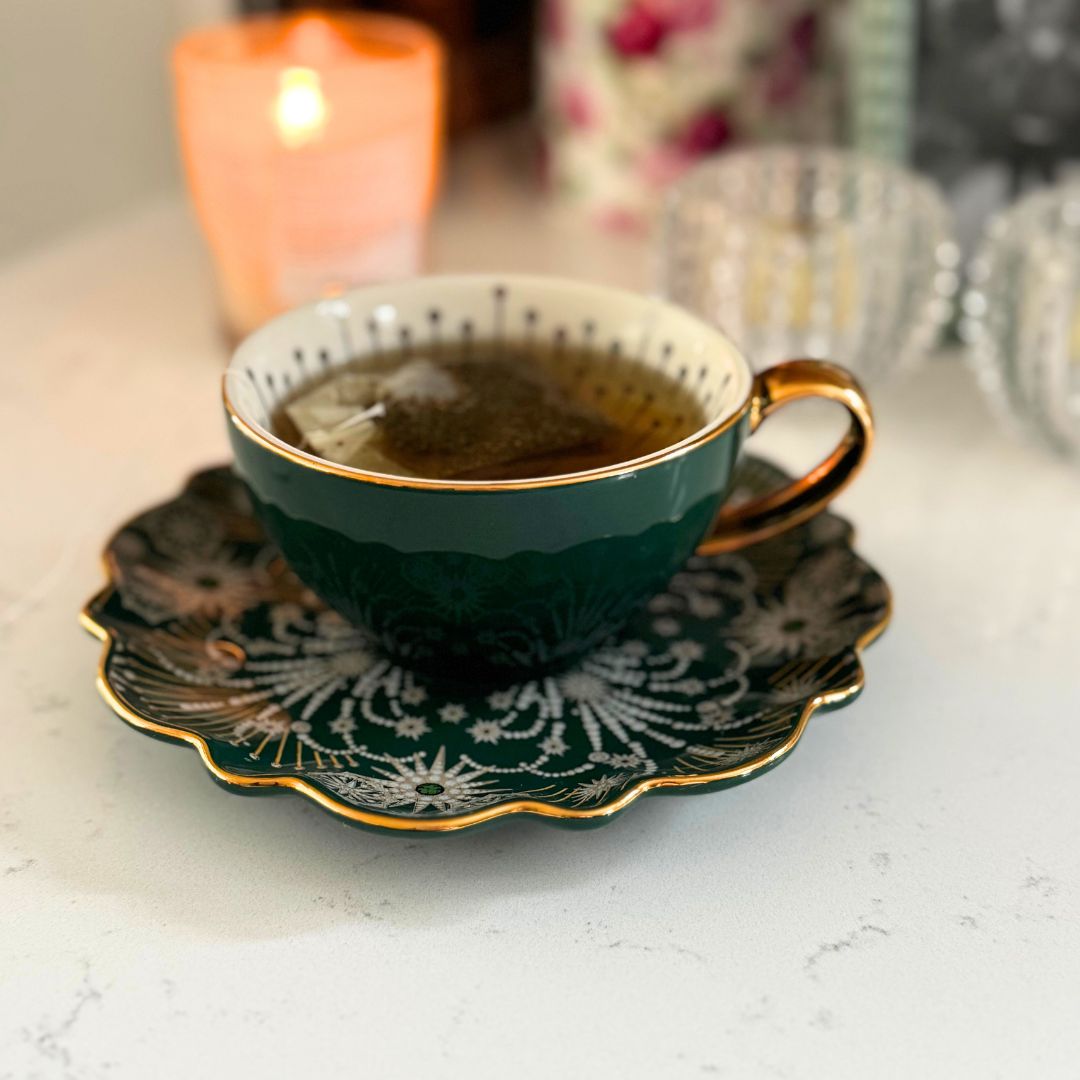 I tried TikTok's lemon balm tea for a week to see if it can really help to reset your nervous system - my honest review
I tried TikTok's lemon balm tea for a week to see if it can really help to reset your nervous system - my honest reviewSit back and pour yourself a cup of calm.
By Anna Bartter
-
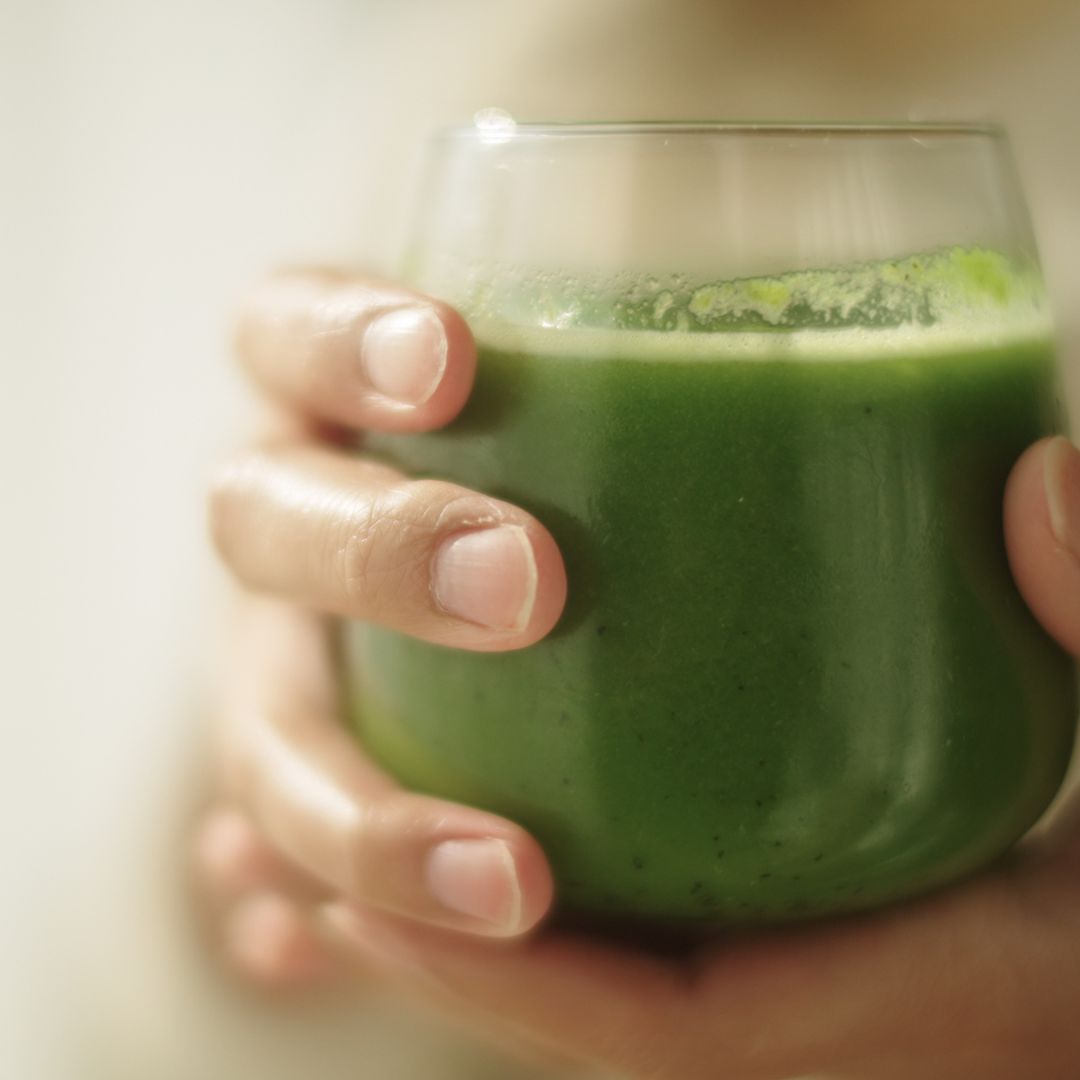 10 common nutrition myths a registered dietician swears they'd never follow - and wants you to avoid, too
10 common nutrition myths a registered dietician swears they'd never follow - and wants you to avoid, tooYou might find these surprising...
By Katie Sims
-
 Been consistent with your probiotic supplements but not feeling any different? 5 simple reasons why
Been consistent with your probiotic supplements but not feeling any different? 5 simple reasons whyDaily supps not boosting your wellbeing?
By Ally Head
-
 I tried eating high protein breakfasts every day for seven days - and my energy and hunger levels have never felt so balanced
I tried eating high protein breakfasts every day for seven days - and my energy and hunger levels have never felt so balancedKickstart your day with a high protein feast.
By Anna Bartter
-
 As the US bans controversial additive Red Dye 3 - a dietician explains what it is and why it's so harmful
As the US bans controversial additive Red Dye 3 - a dietician explains what it is and why it's so harmfulCherry red food colouring is on the out.
By Anna Bartter
-
 Wondering whether you should take probiotics? As a world-leading gut health scientist, you might be surprised by my take
Wondering whether you should take probiotics? As a world-leading gut health scientist, you might be surprised by my takeIn an MC UK exclusive, we deep dive into the latest research.
By Dr Megan Rossi
-
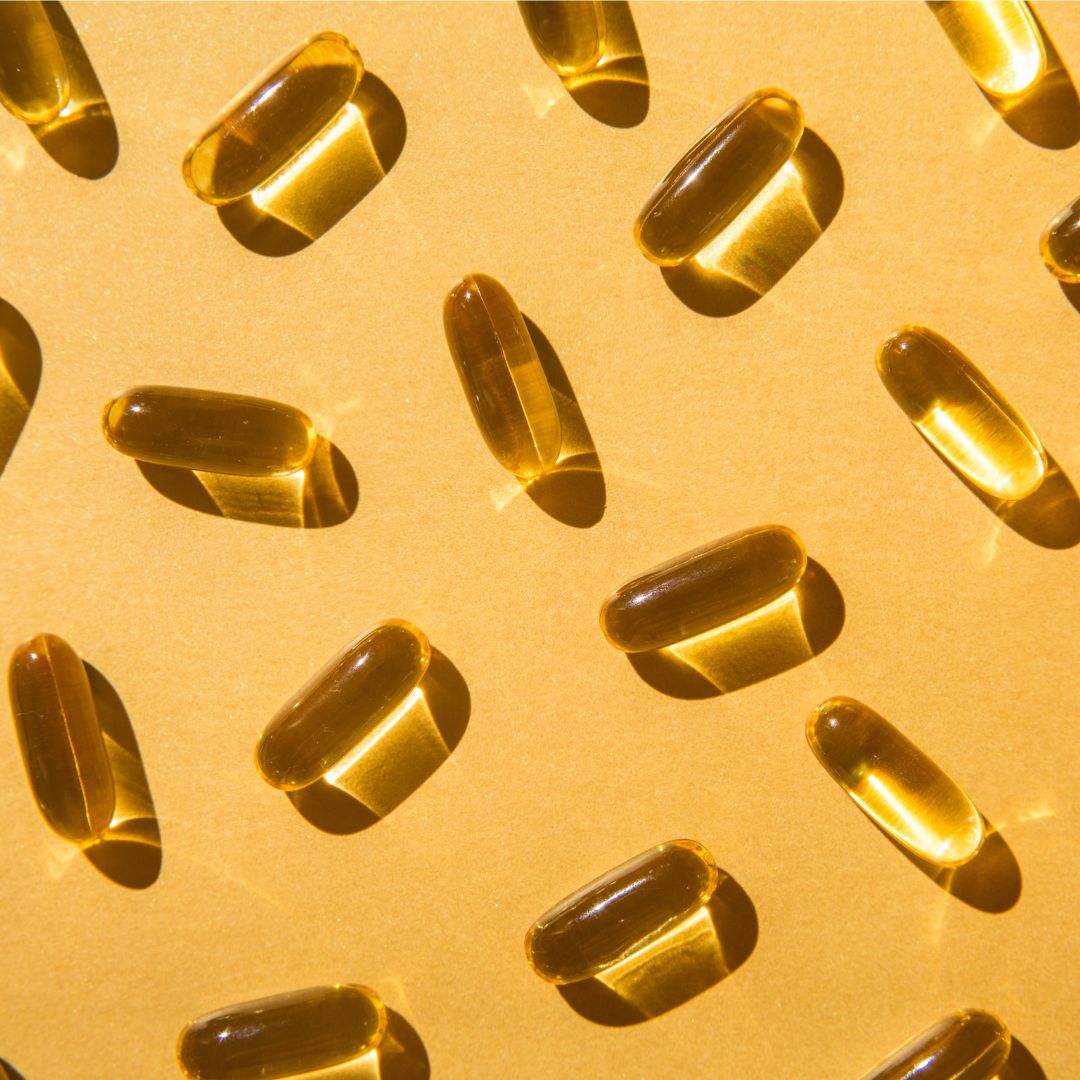 As more brands launch their own alternatives, we ask top dieticians - do anti-glucose spike supplements actually work?
As more brands launch their own alternatives, we ask top dieticians - do anti-glucose spike supplements actually work?Seriously effective or serious fad?
By Anna Bartter
-
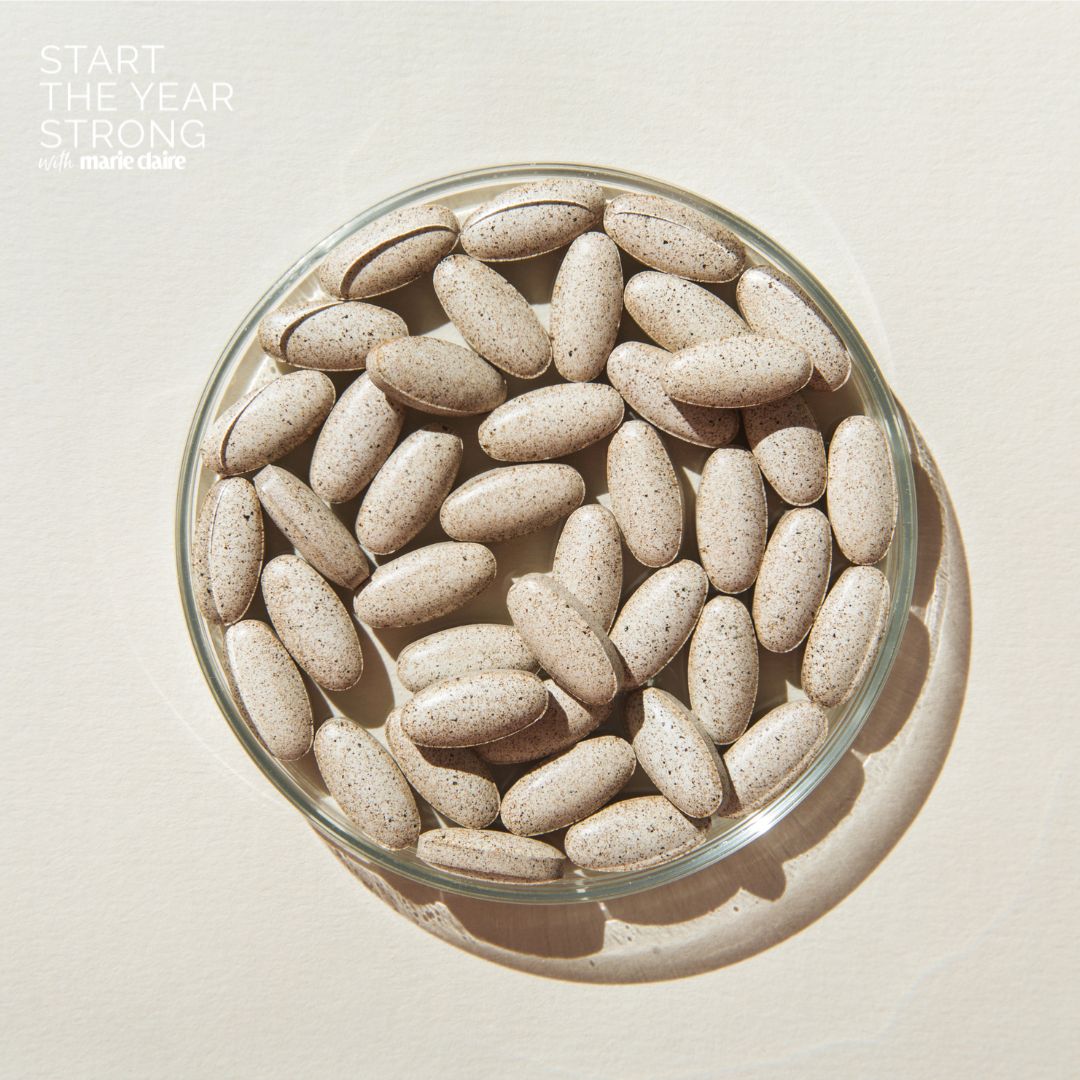 We asked anti-ageing experts for their honest take on the wildly popular NMN supplement - and they wouldn't recommend
We asked anti-ageing experts for their honest take on the wildly popular NMN supplement - and they wouldn't recommendCan a supplement ever really be the fountain of youth?
By Frances Daniels
